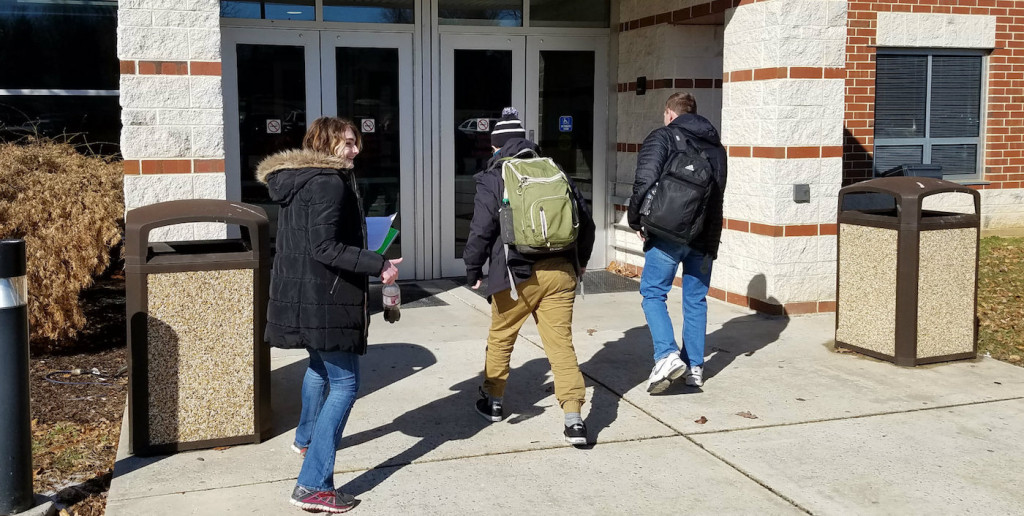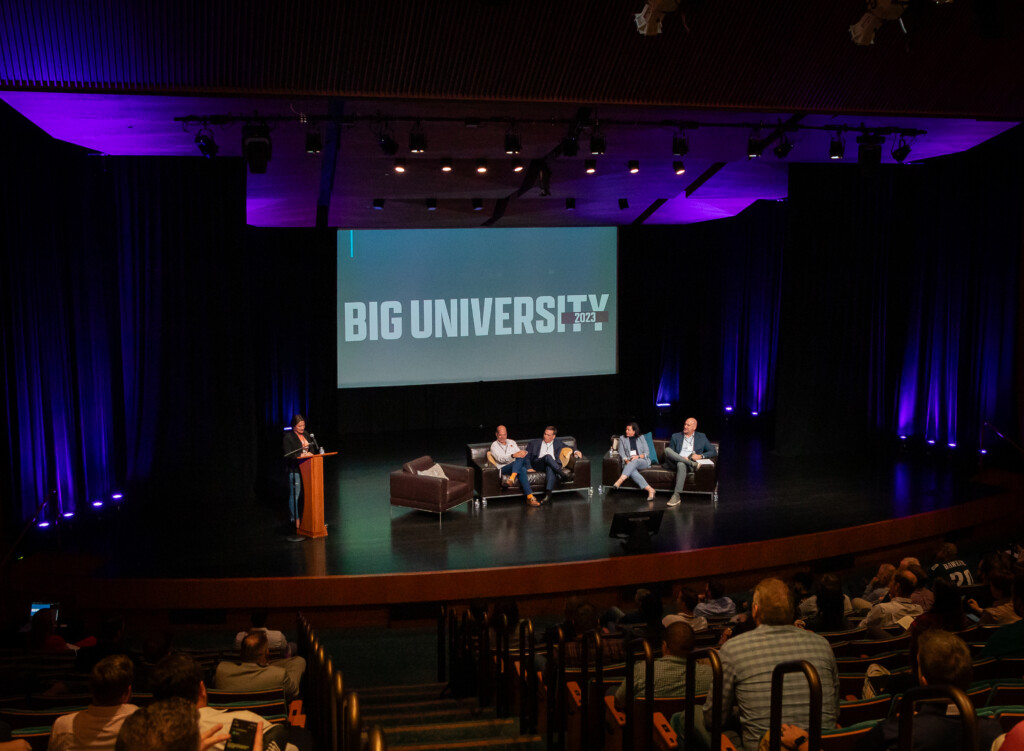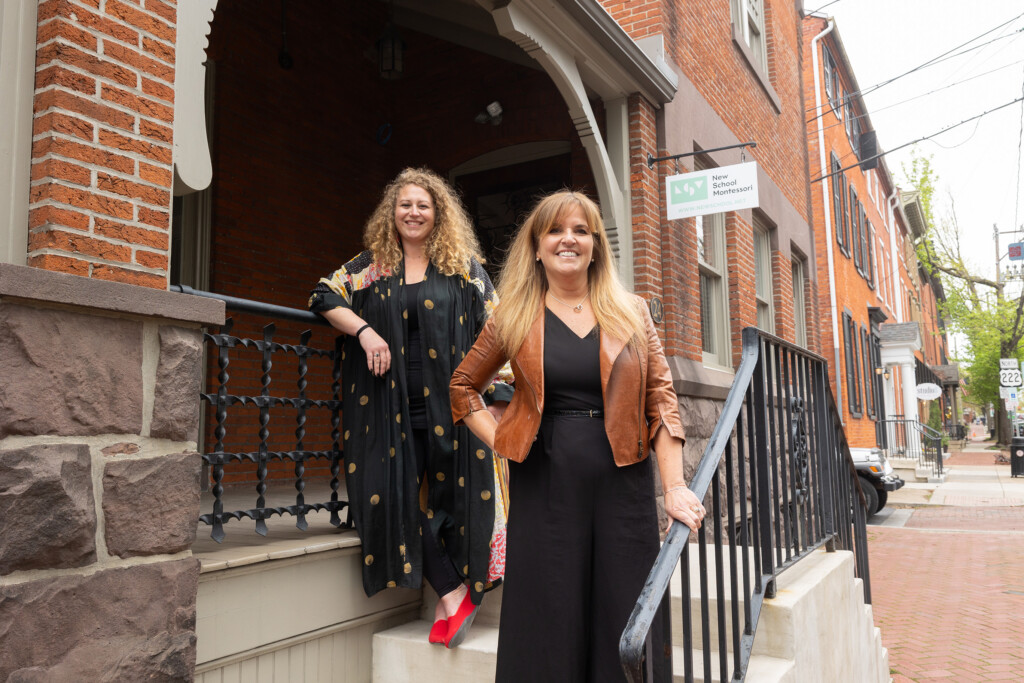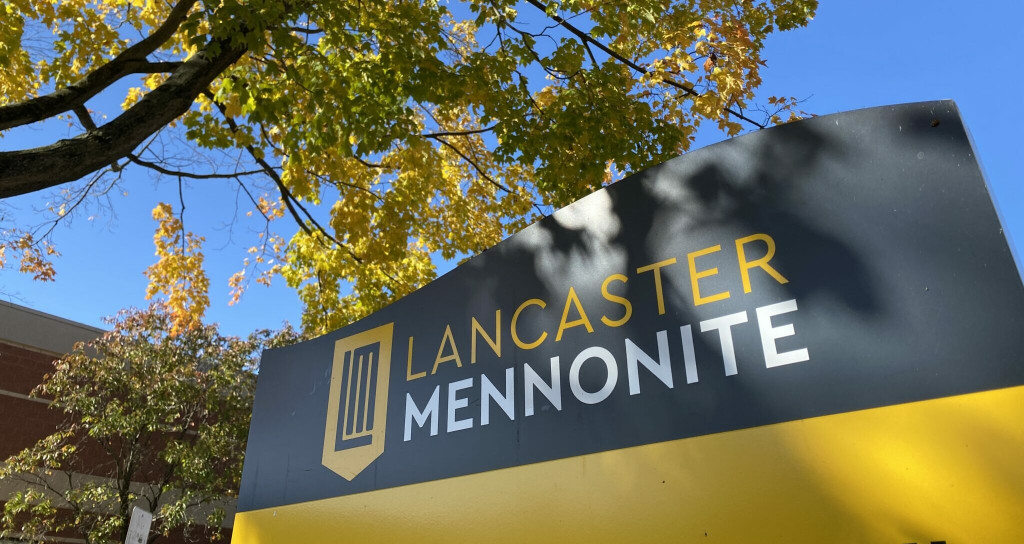Education & History
An intro to Transitions at Janus
Discover Transitions at The Janus School, a new option for quality learning.

The transition from twelfth grade to life is one of the most stressful times in the lives of young adults. If the teenager also has a Learning Difference, Executive Function Disorder, or Autism Spectrum Disorder, the transition is often overwhelming and full of anxiety and procrastination. Transitions at Janus eases this bridge between high school and adulthood for these young adults and their families. The 1 or 2-year program is based at the campus of The Janus School.
We chatted with Janet Gillespie, Head of School from The Janus School, on what makes this program effective, impactful, and unique.
Fig: We are excited to learn more about Transitions at The Janus School! Tell us a little bit about how this Transitions program began.
Janet Gillespie: The Janus School started in 1991 and has been teaching students through 12th grade since 1998. As we’ve kept up with our alumni and prepared our own students for life past twelfth grade, we observed a void of options for students with learning differences before they go off to college or the workplace. Gap year programs have grown in the past several years for all students and Transitions follows a similar model of being a short-term education placement that’s really focused on learning who you are. We look at what the young adult’s gifts are, and how they can shape their future life purpose.
For teenagers who may have a Learning Difference, why is it important to have this bridge between high school and adulthood?
Until twelfth grade, so much emphasis is placed on academics—even when a curriculum is steeped in social-emotional and metacognitive learning like at The Janus School. For a student with a learning difference, time is needed before making decisions about college, employment, or whatever the next step may be. Time is needed to help the students understand themselves, explore the many possibilities of education, training, and work, and then trying those possibilities. Being a high school graduate and finding independence is exciting, but it is also really daunting to a young adult and their family. Transitions at Janus makes this “leap” happen in a smaller, more thoughtful way that lessens anxiety. Every student is paired with a one-to-one coach who they meet with every day to process their experiences and build clarity together around next steps.
Knowing there is a coaching presence sounds impactful and intentional! What is rewarding for the coaches and other administrators to work with students at Transitions?
It is rewarding to see students mature and find out who they are by engaging in life from a curious and joyful place! This shows up in their confidence with making calls to sell and distribute lettuce from our hands-on lettuce business, their interest to enroll and take classes at community colleges, or their motivation to earn their driving license. The list can go on and on! Rewards come even when there is failure or letdowns, but the students are resilient. We focus on risk-taking, resiliency, and “grit.” Every day students work experientially to put their ideas about their future into action. Being a part of their excitement and progress is very rewarding.
What is the process like when developing a plan for a student to follow in this program?
The process is formal and informal—but, at the foundation, it’s all about getting to know the student. We use formal assessments and inventories, coaching tools, coaching, student and family discussions, reflections from experiences and assignments, and general discussion. It is an organic process because students are at different places. For many families and students, their approach towards what should happen after twelfth grade may be restricted to what our society thinks or a sibling has done. That’s completely normal, but we approach the path with a wider lens to seek a direction that really fits the students’ strengths and interests. Our approach is to find the path that’s right for the student and to help them know that there is more than one path.
What can students expect to learn and discover by participating in the Transitions program?
On a concrete level, students should expect to develop a “Transition Plan.” We provide the support to put that plan into action. We also provide experiences and options and the support to shift the plan as needed. Students may leave Transitions with gainful employment after a successful internship, or be enrolled in college courses full time, or they may be comfortable managing a full workload and schedule. One of our students realized that his aspiration to be a chef wasn’t unrealistic after he made hundreds of pies with his fellow students in a commercial setting for a fundraiser! On a more conceptual level, students will understand themselves, their learning profile, strengths and weaknesses, and aspirations for their life journey. The program is also intended to maintain and build social connections. We are really looking to bring clarity to next steps and the the path ahead—and that requires distilling information in many different ways.
We love the idea of an empowering environment. Why do you think that empowerment is critical for success?
Students need to be active participants in their education. Transitions at Janus provides a place, transportation, experiences, and instructor sounding boards to make ideas become reality, but students are also responsible for taking the helm with communication, initiation, and action. Usually at the onset, students need more nudging to make these tasks happen—but through our intentional program, we slowly give the student more responsibility depending on the student’s learning profile. Our instructors know the students well, have expertise teaching students with learning differences, and have an immense passion for this age group. Empowerment is critical because it provides the backbone of our philosophy—students with learning differences need to be strong self-advocates and have clarity around their strengths and purpose. Students’ families are integral to the program as well, but we emphasize keeping the student in the lead role to manage his or her time, materials, commitments, communication, and transportation.
What kind of curriculum is used in this program? What kind of outside-the-classroom experiences are offered through this program?
We teach and assess the National Work Readiness Credential, which is a formal curriculum of soft skills that employers seek. We also partner with the Associated Builders and Contractors (ABC) and teach the Core Curriculum which helps a student decide if vocational training is a path they are interested to pursue. All of our students are offered the OSHA 30 hour certification as well. Depending on a student’s need, we pull from curriculums for Career Math, Business Development, and prepping for college placement tests. Outside the classroom experiences are integral to our students ability to engage, explore, and achieve. Every afternoon is blocked for experiential work on or off-campus. This helps students with hands-on activity, cooperation, leadership, and initiative. For example, there is opportunity on-site to work in the greenhouse growing produce, restore the property’s riparian and forested lands, and manage the taps that make maple syrup. We have plans for a native plant nursery and we are building an outdoor learning pavilion as well. Off-site, students attend college courses, shadow and intern with different mentors and companies, take driver’s ed courses, and other engaging activities.
Do you have a success story to share?
This is the first year of Transitions at Janus, our formal post-secondary program. But, The Janus School has many success stories from their 27 years as a school in Lancaster County. One of our recent post-secondary students is a carpentry journeyman, following a path with which he is incredibly competent and fulfilled—and it is not a path that he or his family would have imagined in eleventh or twelfth grade. Many of our Janus alumni have found niches in fields from boat building and mediation counseling, to medicine and small business ownership. What we’ve learned from our alumni is that the time immediately after high school can be very confusing because they don’t usually fit a mold of going directly into a four-year college, or any immediate placement—but being at home without connection to a support system isn’t the most productive use of time either. We have learned that capitalizing on these important ages with productive experiences, training, and education is the crucial foundation for long-term success and wellness.
Anything else you’d like our readers to know about the program?
Our students come from Lancaster, York, Adams, Dauphin, Lebanon, and Berks Counties. We work with students of all demographics and have a robust financial aid program. Sometimes, independent schools are viewed as an elite option, but Transitions at Janus is designed to reach the students and families who may need our support. We look forward to chatting with you!
To find out more about Transitions at The Janus School, check out the website. Be part of the incredible educational opportunities impacting individuals and the community through intentional coaching and progressing.



